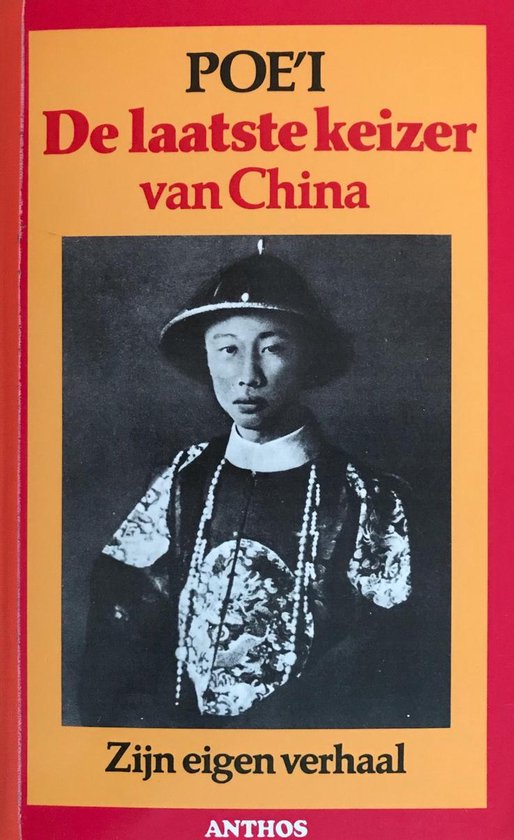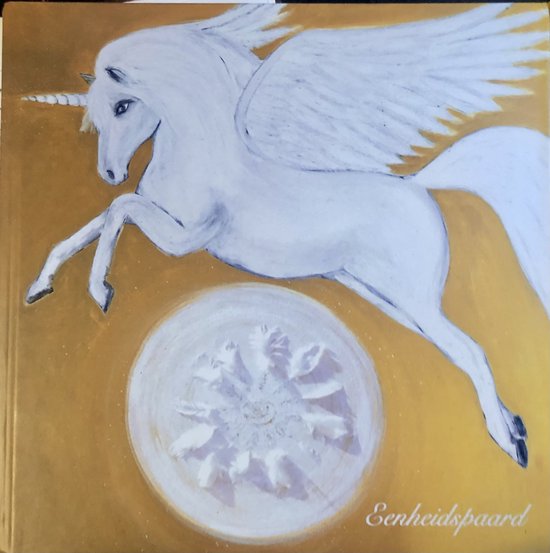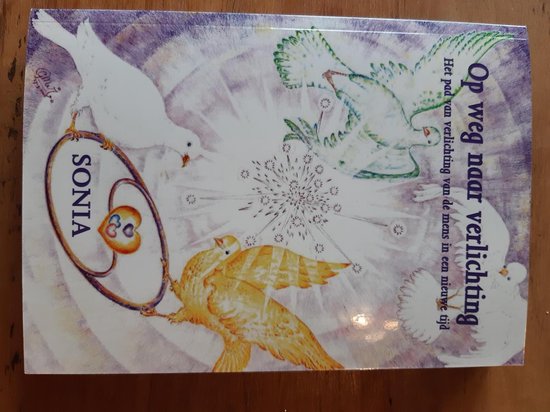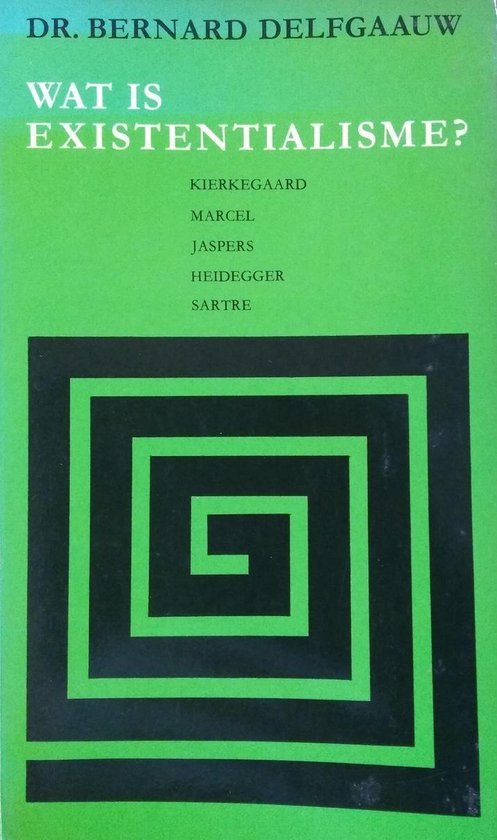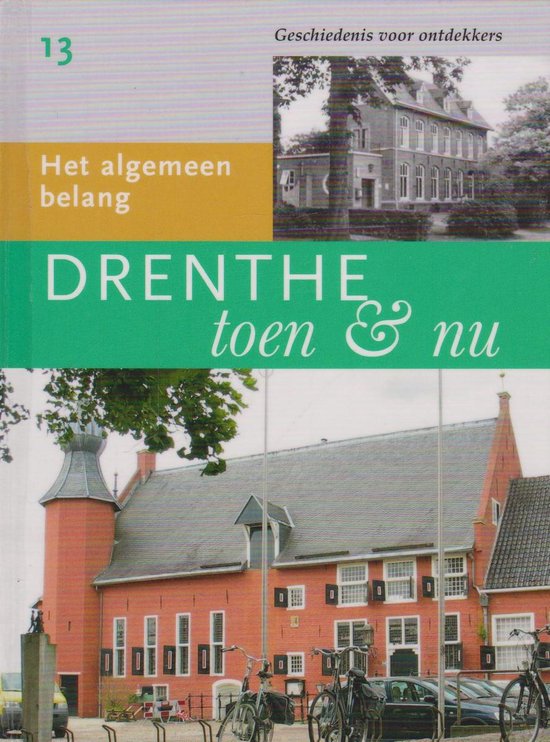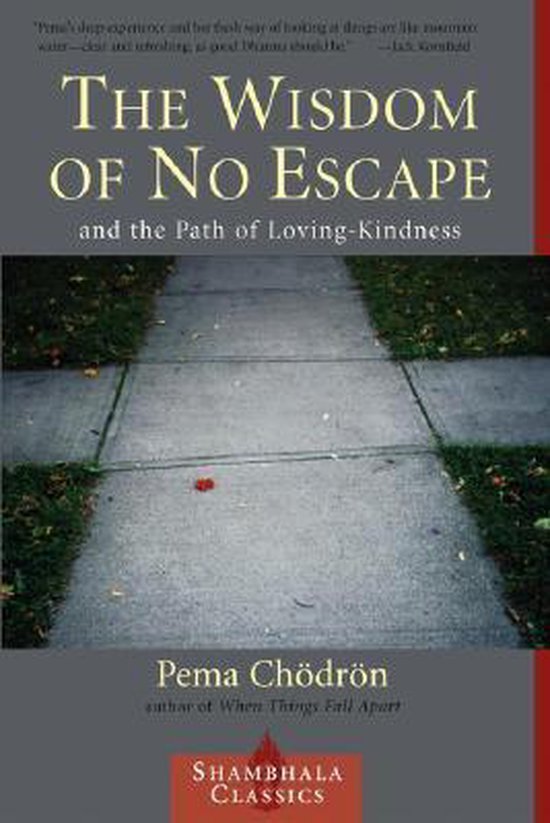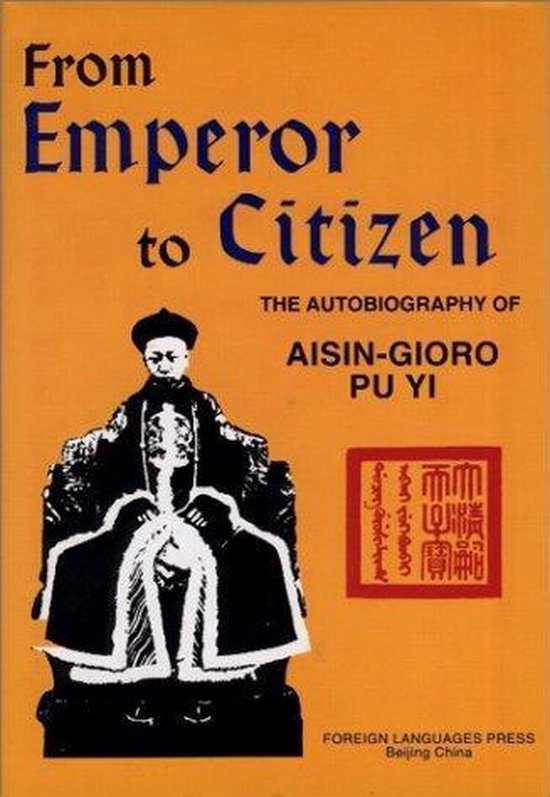
From Emperor to Citize
From Emperor to Citizen is the autobiography of Pu Yi, the man who was the last emperor of China. A unique memoir of the first half of the 20th century as seen through the eyes of one born to be an absolute monarch, the book begins with the author's vivid account of the last, decadent days of the Ching Dynasty, and closes with an introspective self-portrait of the last Ching emperor transformed into a retiring scholar and citizen of the People's Republic of China.
In detailing the events of the fifty years between his ascension to the throne and the final period of his life as a quiet-living resident of Beijing. Pu Yi reveals himself to be first and foremost a survivor, caught up in the torrent of global power struggles and world conflict that played itself out on the Asian continent through many decades of violence and upheaval.
This firsthand description of the dramatic events of Pu Yi's life was the basis for the internationally acclaimed 1987 Bernardo Bertolucci film The Last Emperor which was named Best Picture of the Year by the American Academy of Motion Picture Arts and Sciences. From Emperor to Citizen readily lends itself to cinematic adaptation as a personal narrative of continuously significant and revealing episodes.
Becoming emperor and then forced to abdicate with the establishment of the Republic of China in 1911, all before he is seven continues to live in Forbidden City for another decade still treated as the Son of Heaven by the moribund Ching court, but in reality a virtual prisoner, with little genuine human contact apart from his beloved nurse Mrs. Wang, his teacher Chen Pao-shen and his English tutor Reginald Johnston.
When at the age of nineteen Pu Yi is finally forced to vacate his isolated existence within the Forbidden City, he begins his long odyssey as the dependent of the occupying imperial Japanese regime, first in Tientsin, and eventually installed as "emperor" of the Japanese puppet state styled Manchukuo in China's northeast provinces. With the defeat of Japan and the end of the Second World War, Pu Yi faces a very uncertain future as he is shunted off to Russia for five years before returning to a new China transformed by revolution, where he is confined in the Fushun War Criminal Prison. Here he undergoes several years of rehabilitation, "learning how to become a human being," as he calls it, before receiving an official pardon and being allowed to finally live as an ordinary citizen of Beijing.
This autobiography is the culmination of a unique and remarkable life, told simply, directly and frankly by a man whose circumstances and experiences were like no other.
In detailing the events of the fifty years between his ascension to the throne and the final period of his life as a quiet-living resident of Beijing. Pu Yi reveals himself to be first and foremost a survivor, caught up in the torrent of global power struggles and world conflict that played itself out on the Asian continent through many decades of violence and upheaval.
This firsthand description of the dramatic events of Pu Yi's life was the basis for the internationally acclaimed 1987 Bernardo Bertolucci film The Last Emperor which was named Best Picture of the Year by the American Academy of Motion Picture Arts and Sciences. From Emperor to Citizen readily lends itself to cinematic adaptation as a personal narrative of continuously significant and revealing episodes.
Becoming emperor and then forced to abdicate with the establishment of the Republic of China in 1911, all before he is seven continues to live in Forbidden City for another decade still treated as the Son of Heaven by the moribund Ching court, but in reality a virtual prisoner, with little genuine human contact apart from his beloved nurse Mrs. Wang, his teacher Chen Pao-shen and his English tutor Reginald Johnston.
When at the age of nineteen Pu Yi is finally forced to vacate his isolated existence within the Forbidden City, he begins his long odyssey as the dependent of the occupying imperial Japanese regime, first in Tientsin, and eventually installed as "emperor" of the Japanese puppet state styled Manchukuo in China's northeast provinces. With the defeat of Japan and the end of the Second World War, Pu Yi faces a very uncertain future as he is shunted off to Russia for five years before returning to a new China transformed by revolution, where he is confined in the Fushun War Criminal Prison. Here he undergoes several years of rehabilitation, "learning how to become a human being," as he calls it, before receiving an official pardon and being allowed to finally live as an ordinary citizen of Beijing.
This autobiography is the culmination of a unique and remarkable life, told simply, directly and frankly by a man whose circumstances and experiences were like no other.
| Auteur | | Pu Yi,Aisin-Gioro |
| Taal | | Engels |
| Type | | Hardcover |
| Categorie | | Biografieën & Waargebeurd |
